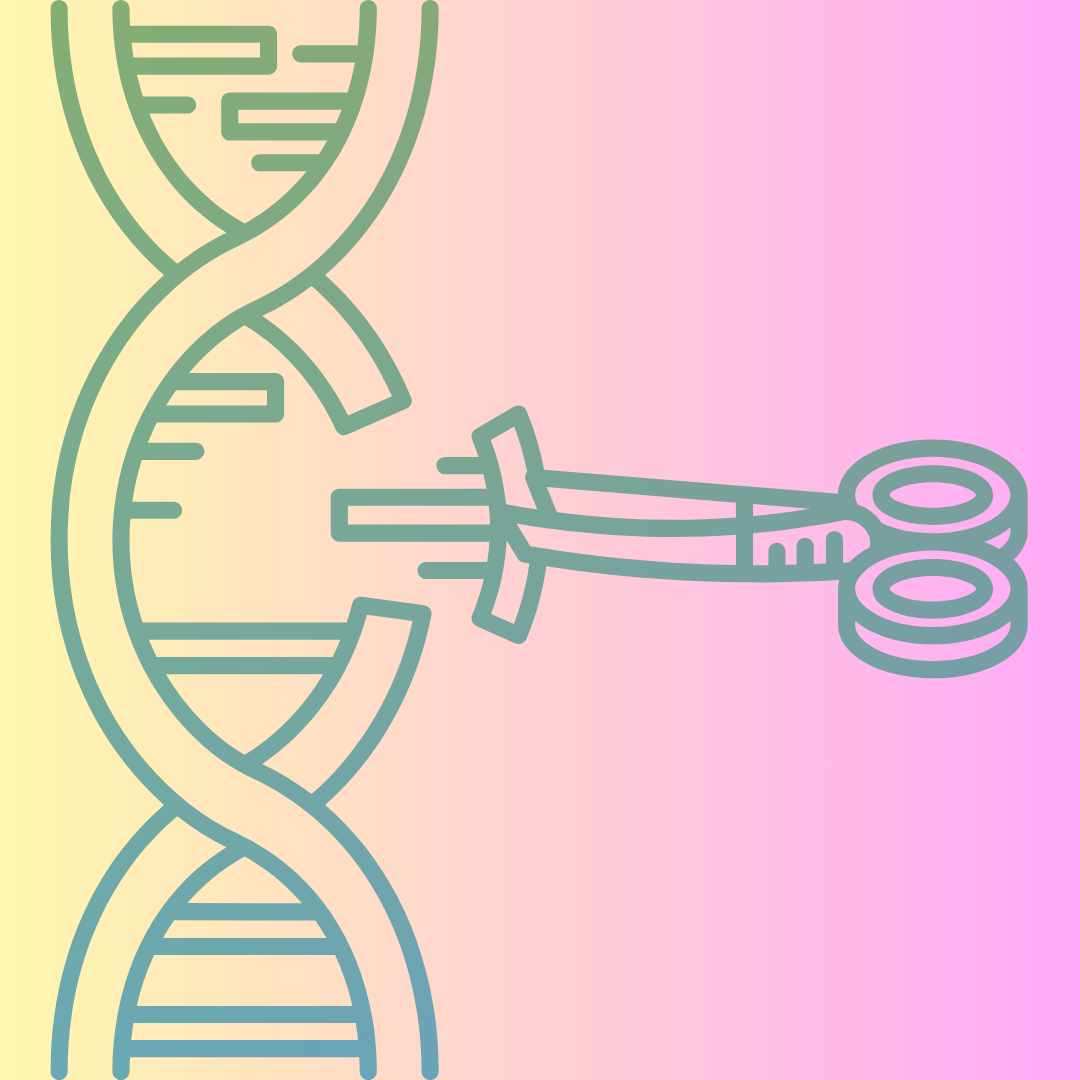Editing fetal genomes is on the horizon − a medical anthropologist explains why ethical discussions with the target communities should happen sooner rather than later
By Julia Brown,
The Conversation
| 08. 16. 2024
With their primary goal to advance scientific knowledge, most scientists are not trained or incentivized to think through the societal implications of the technologies they are developing. Even in genomic medicine, which is geared toward benefiting future patients, time and funding pressures make real-time ethics oversight difficult.
In 2015, three years after scientists discovered how to permanently edit the human genome, U.S. scientists issued a statement to halt applications of germline genome editing, a controversial type of gene editing where the DNA changes also transfer to the patient’s future biological descendants.
The scientists’ statement called for “open discussion of the merits and risks” before experiments could begin. But these discussions did not happen.
By 2018, at least two babies had been born from germline editing with embryos that had been genetically modified in China. With no preemptive ethics or clear regulatory guidance, you get the occasional “cowboy scientist” who pushes the boundaries of experiments until they are told to stop.
After finding out about the babies, scientists continued to talk – but mostly among themselves...
Related Articles
By Scott Solomon, The MIT Press Reader | 02.12.2026
Chris Mason is a man in a hurry.
“Sometimes walking from the subway to the lab takes too long, so I’ll start running,” he told me over breakfast at a bistro near his home in Brooklyn on a crisp...
By Diaa Hadid and Shweta Desai, NPR | 01.29.2026
MUMBRA, India — The afternoon sun shines on the woman in a commuter-town café, highlighting her almond-shaped eyes and pale skin, a look often sought after by couples who need an egg to have a baby.
"I have good eggs,"...
By George Janes, BioNews | 01.12.2026
A heart attack patient has become the first person to be treated in a clinical trial of an experimental gene therapy, which aims to strengthen blood vessels after coronary bypass surgery.
Coronary artery bypass surgery is performed to treat...
By Staff, ScienceDaily | 01.05.2026
Scientists at UNSW Sydney have developed a new form of CRISPR technology that could make gene therapy safer while also resolving a decades-long debate about how genes are switched off. The research shows that small chemical markers attached to DNA
...




